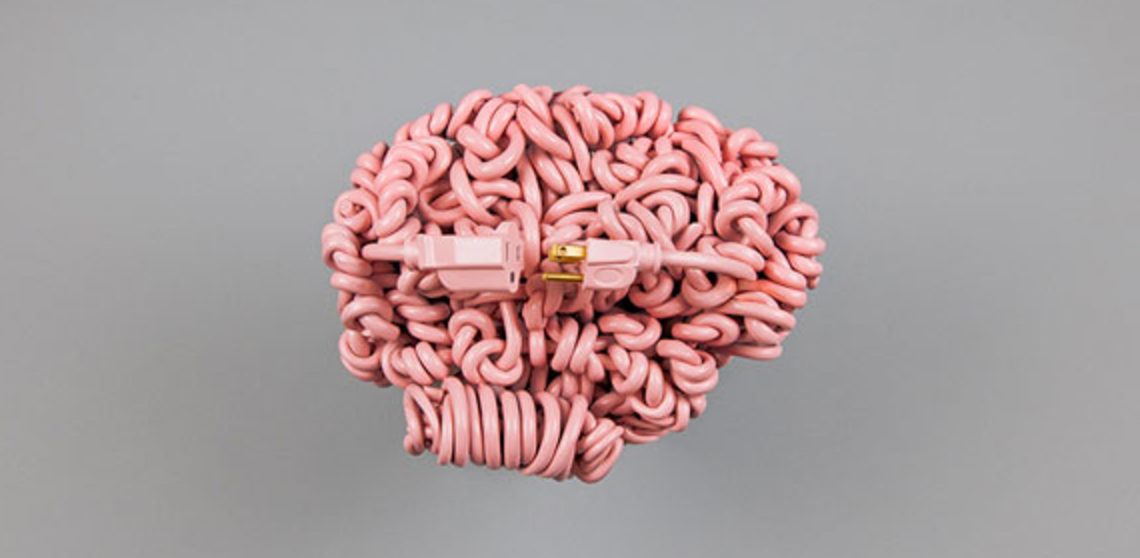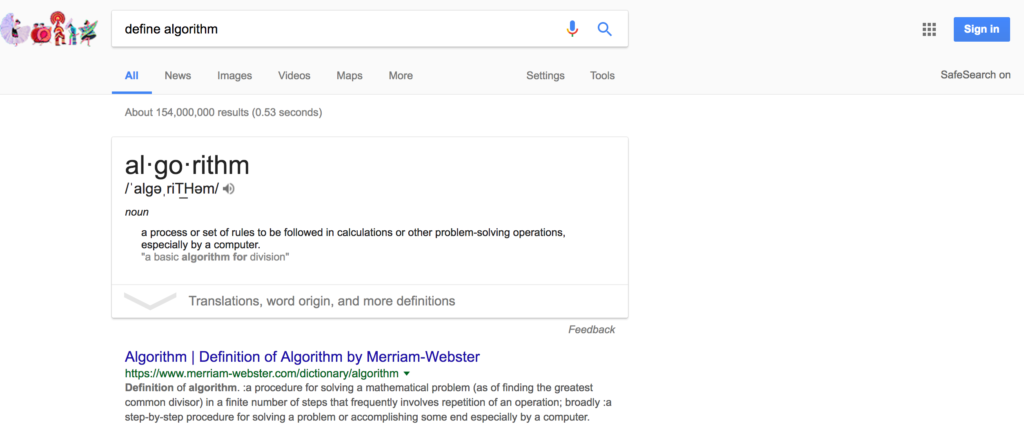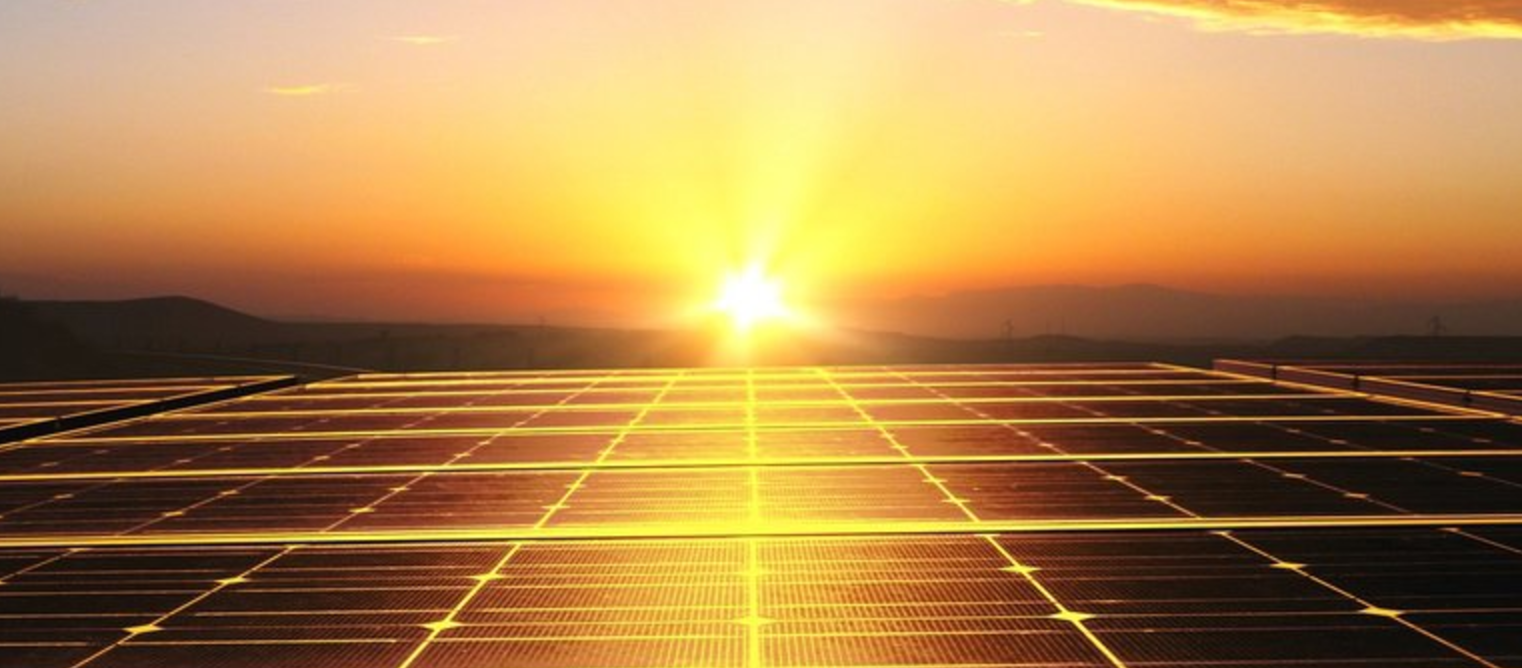
Let’s for a minute imagine these as Corporate Policies:
Car Manufacturer: We’ll take a car off the road if an unsafe model gets out of the factory and is sold, but we can’t promise all our cars are safe until you start driving them. If you see an unsafe car out there, please let us know.
Fast Food Outlet: If our pizza has salmonella or listeria, you can return it, but we can’t promise all our food is safe to eat. If you get sick or know someone who did, please let us know and we’ll take the pizza back.
Packaged Goods Manufacturer: If our shampoo has chemicals that are unsafe and burn your head, we’ll change the formula, but we’re not sure until we sell it if it’s OK. If you see anyone with a burned head, ask them what shampoo they used, and if it’s our brand, we’ll happily take it off the shelf.
This is essentially what Facebook Inc. have just announced as their Global Policy for Advertising. All I’ve done is paraphrase their policy, and changed the product and industry. Here it is below for your reference:
Joel Kaplan – Global Policy VP
“We try to catch content that shouldn’t be on Facebook before it’s even posted, but because this is not always possible, we also take action when people report ads that violate our policy”
Facebook claim it isn’t possible for 2 simple reasons:
- Because it isn’t profitable for them to check every advertisement before it goes out.
- Because they haven’t been regulated in the same way other media organisations are.
While I understand 2 billion peoples comments can’t be moderated before they’re published, maybe paid advertising on Facebook should be. Facebook at least ought to be held to account financially when their ‘platform’ creates problems for society. Their current MO when anything outside their policy happens is ‘oops, sorry about that’ . They get away with it because society and regulators let them. A good starting point to fix this is to start calling out Facebook for what it actually is – a media company, not a technology business. There is a certain responsibility that goes with being a media company and its resultant influence, yet Facebook continues to flout the responsibility that is incumbent upon such power. To call it a technology company is ridiculous. All companies employ technology – Boeing and Ford have a far greater breadth and use of technology than Facebook, but at least they admit they sell airplanes and cars. Facebook sells advertisements to their audience, not technology – seems like a media company to me.
It’s also worth noting that the update from Facebook policy resulting from controversy surrounding fake ads and alleged Russian influence on the US election didn’t address the problems of false information, only ‘transparency’ of what was published, promoted and who did it. The extreme targeting possible on Facebook is itself one of the problems. Those likely to spot a misleading advertisement are unlikely to see it. In this sense the promise of transparency is a moot point. A further quote from the statement in relation to advertising via Russian accounts below is quite telling:
” All of these ads violated our policies because they came from inauthentic accounts”
Not because the information was misleading? And further on…
“Our ad policies already prohibit shocking content, direct threats and the promotion of the sale or use of weapons.”
Apparently advertising false information is OK? No mention of it anywhere… You can read it for yourself here.
While Facebook promises to create a more open and connected society, it is in reality creating a more silo-ed and disconnected society. When governments first gave out spectrum at the birth of the TV era, it came with the responsibility of providing unbiased news and balanced data on issues affecting society. We didn’t let the idea of innovation or new technology interfere with creating the kind of society we all want to live in.
I think social media is one of the most amazing things to evolve in my lifetime. The power provided through connection and sharing thought has helped me re-invent my career, find like-minds and gain knowledge that just wasn’t available in the mainstream media era. For that I’m grateful.
But it is time that we took its power more seriously. It’s time to add seat belts and brakes to the data vehicles driving our lives and admit that no technology out of control or without failsafes ever benefits society.
– – –
If you liked this post – you’ll dig my new book – The Lessons School Forgot – a manifesto to survive the tech revolution.






